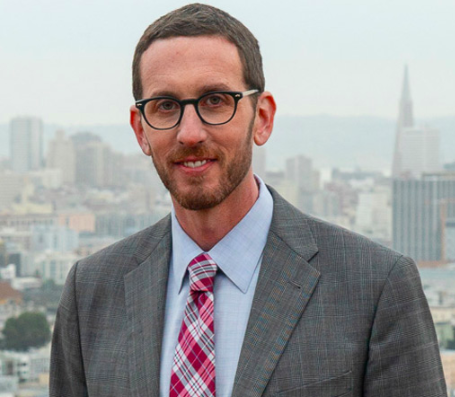Thanks to state Sen. Scott Wiener and his Yimby allies, San Francisco is under a mandate not just to zone for and approve but to issue permits for 82,000 new housing units in the next six year. The market-rate housing never going to happen, and not because of neighborhood opposition; private developers aren’t building because the projects don’t work at current interest rates and rents.
But the mandate also includes 46,000 affordable units, which price out at $19 billion. And Donald Trump has just essentially cut off federal funding for affordable housing in cities. Even if the Department of Housing and Urban Development retains some grant money, the staff cuts mean nobody will be available to get that money out the door or the monitor it.

Right now, it’s pretty much impossible to build any substantial number of affordable housing units without federal money. Gov. Gavin Newsom has allocated some state money, but not that much. Supporters are hoping for a $10 billion statewide housing bond in 2026, which would fund 35,000 units. That’s less than what just the city of San Francisco is supposed to build, and a tiny fraction of what the state needs.
It’s clear at this point that, even with the GOP holding a slim margin in Congress, Trump’s budget plans are going to pass. So what are California and San Francisco going to do?
Right now? Nothing.
Newsom is telling cities that if they aren’t even more harsh and brutal to the unhoused, they will lose state money:
“We want to see results. We have to address unsheltered homelessness, encampments and tents,” Newsom said. “We have been too permissive … we need them cleaned up. We’re providing unprecedented support, now we need to see unprecedented results.
“Cleaned up” means people, human beings, swept off the streets with nowhere to go. “Shelter” means congregate areas packed with people facing mental health and substance use issues with no treatment available for most of them—or jail.
This doesn’t sound like standing up to the Trump agenda.
I texted Wiener today:
Now that Trump is cutting off almost all federal housing money making it impossible for S.F. to meet its state mandates should the state do anything?
I don’t expect I will get a response.
Instead, I got a fundraising email:
Last night, Republicans in Congress advanced a reckless plan to slash nearly a trillion dollars from Medicaid just to bankroll tax breaks for the ultra-wealthy and big corporations. This is an all-out attack on essential public services that millions of California families rely on.
It’s outrageous. If they succeed, millions will lose their health care, and every single state will feel the impact – especially California.
I will NOT stand by while Donald Trump, Elon Musk, and their MAGA allies actively threaten our progress and people’s ability to survive and thrive. As Chair of the California Senate Budget Committee, I’m fighting back – working to protect funding for critical public services and bring down costs for Californians.
We can presumably fight this by giving Wiener money.
What he says is true—but as the chair of the Budget Committee, he has not introduced a single measure that would raise taxes on the rich. Not one. Not even a measure to let San Francisco tax the rich.
I feel bad about responding to these fundraising emails, because some underpaid person in the Wiener operation gets the responses and has to deal with them. But this time, I couldn’t resist:
What have you done to raise taxes on the rich in California? What will you do? The fundamental problem here is that we don’t have enough revenue, while the billionaires pay almost no taxes. California can fight back against the Trump agenda by raising taxes on the billionaires. What have you done to promote that?
If Wiener wants to run for Congress—and by some accounts, the SF Standard reports, Rep. Nancy Pelosi is ready to retire—he’s going to have to tell the residents of this city why his housing policies are a complete failure and why he won’t address economic inequality.





